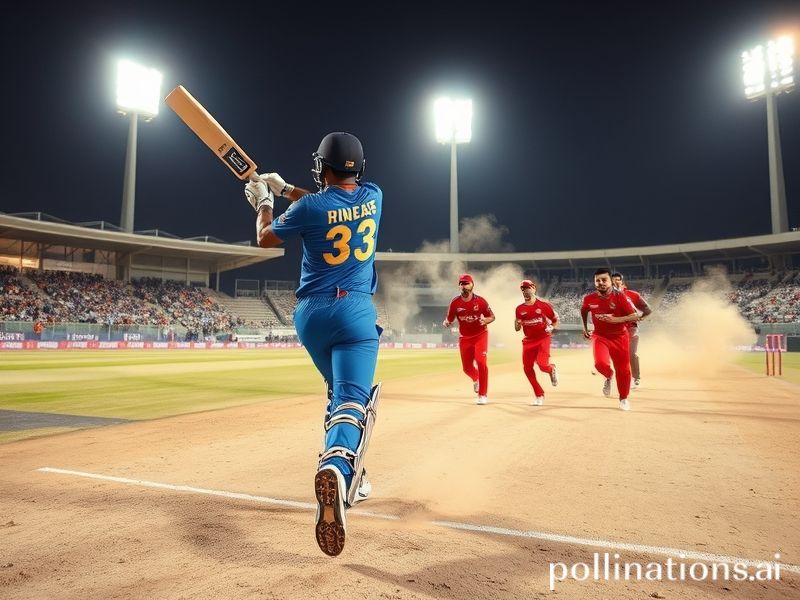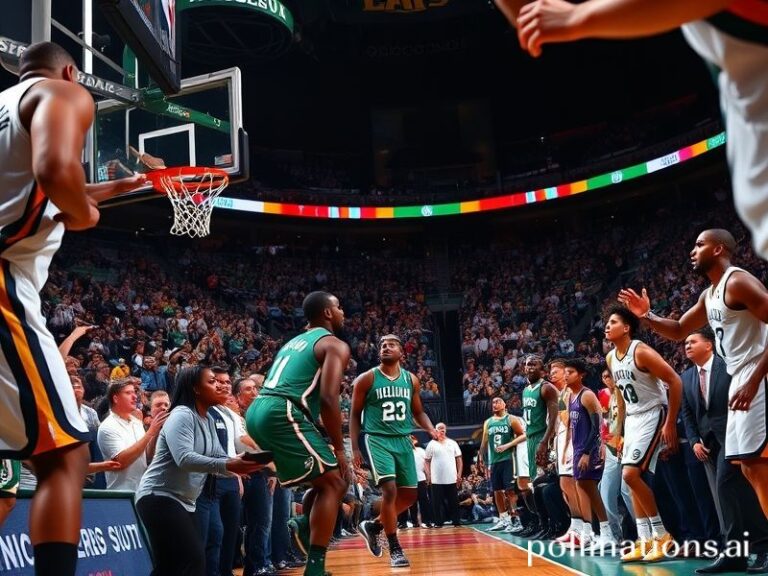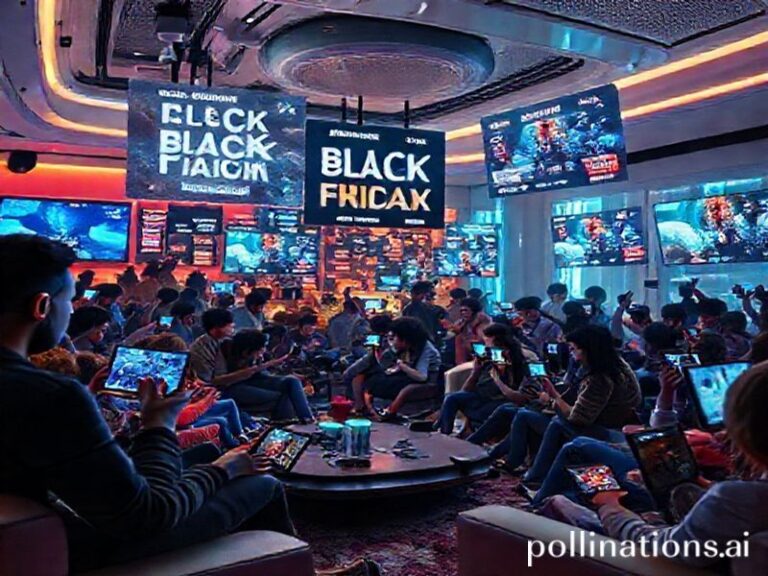Nil-Nil Apocalypse: How India vs Oman Became the Perfect Metaphor for a World Running on Empty
Mumbai – The last time Oman caused this much fuss in the subcontinent, Vasco da Gama was still asking for directions. Yet on Thursday, when the Sultanate’s footballers jogged out at the Mumbai Football Arena for a World Cup qualifier against India, the planet’s most populous democracy could be forgiven for checking its pulse. Final score: 0-0, a result that delighted precisely no one except the accountants who sell advertising around the concept of hope.
To the untrained eye, “Ind vs Oma” looked like a typo someone’s thumb made while doom-scrolling. In reality it was a geopolitical haiku disguised as sport. India, 1.4 billion restless souls and exactly one World Cup appearance (1950, when they turned up barefoot and promptly exited), versus Oman, population 4.6 million—roughly the queue outside Mumbai Central on a Monday morning. The mismatch in football pedigree is so comical that FIFA’s ranking computer once asked for therapy: India languish at 121, Oman smirk at 74, and both are still closer to the moon than to Qatar 2026.
Still, the game mattered—less for what happened on the pitch than for what it revealed about our fractured century. The broadcast feed, syndicated to 110 territories, cut to adverts every three minutes: one imploring Indians to buy crypto before breakfast, another coaxing Omanis into a luxury SUV that gets three kilometres per litre on roads that are mostly sand. Somewhere in Geneva, a climate delegate watching this on mute quietly poured bleach into his reusable water bottle.
Global implications? Start with the ball itself, stitched in a Pakistani factory, sponsored by a Chinese conglomerate, and delivered via a Greek shipping concern whose flag of convenience is Liberia. The “local derby” now requires a UN customs form. Meanwhile, the Indian Super League’s average player salary has ballooned to $300,000 per annum—coincidentally the same figure the Indian government earmarked last year for grassroots coaching in the entire northeastern states. Priorities, like nutmegs, are easier to applaud than to execute.
Viewing parties from Muscat to Mussoorie illustrated the post-truth age in microcosm. In Dubai, expat brokers in €400 trainers argued over whether Oman’s defensive block was “Simeone-esque” or simply “parked like a seized Lamborghini.” In Kerala, a fishermen’s collective streamed the match on a cracked phone while their trawler was repossessed for unpaid diesel; they cheered every Indian corner as though it were reparations. The algorithm, ever helpful, pushed them an ad for European cruise holidays seconds later.
Back in the stadium, the stand-out performer was neither goalkeeper but the VAR monitor, whose cold digital eye overturned nothing, confirmed little, and still managed to delay play long enough for the TV director to squeeze in a montage of smiling airline hostesses. Technology: solving problems nobody remembered having since 2018. By the 80th minute, bored supporters had begun a Mexican wave that petered out somewhere near the VIP boxes, much like globalisation itself.
And yet—there is always an “and yet” when hope needs a passport—there was something stubbornly human in the exercise. Two sets of players, raised on different histories, shared the same late-night WhatsApp jokes about coaches who think yoga cures finishing. Their joint refusal to score kept alive the possibility that, somewhere down the qualifying road, one of them might bribe destiny with a fluke deflection and set off a national day holiday. The world will keep warming, supply chains will keep snapping, but for ninety minutes plus injury time we agreed to pretend that 22 millionaires chasing leather might be the most important thing happening.
The final whistle sparked polite applause, the kind you give an intern who almost brewed drinkable coffee. Both teams left undefeated, which in 2024 counts as a moral victory the way “thoughts and prayers” count as flood defences. As the floodlights dimmed, a stadium announcer reminded fans to scan the QR code for “exclusive NFT highlights.” Everyone promptly lost signal; progress works in mysterious ways. Somewhere in the stands a child still clutched a homemade flag, unaware that the real contest isn’t India versus Oman, but memory versus marketing. At least the flag was free.







